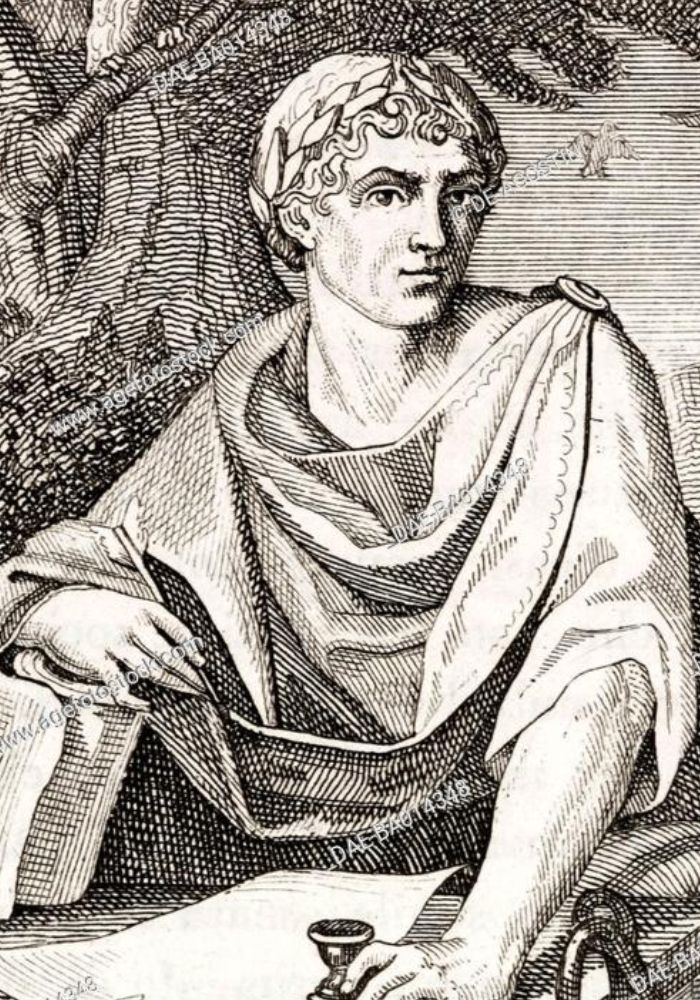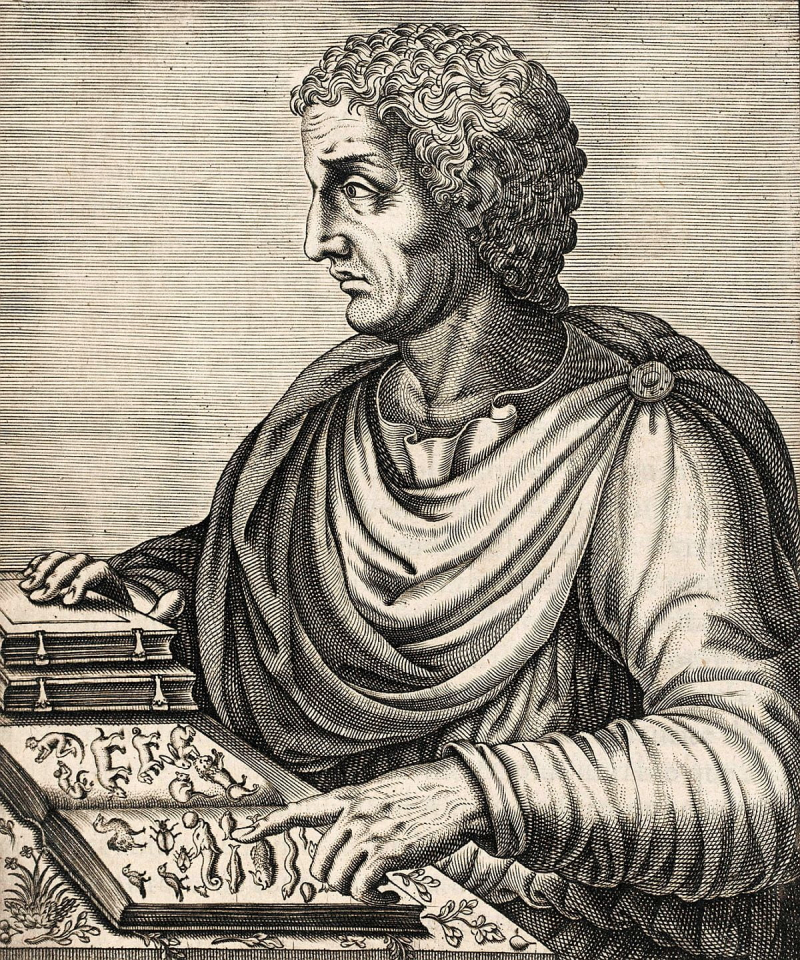Pliny The Elder

Pliny was raised in Rome after moving there to finish his schooling. He was born into a wealthy family in Como, Italy and he is one of the famous Roman philosophers. Even if remnants of his earlier conversations are still around, only Natural History is a well-written compilation. The book explores a variety of natural phenomena' states.
The book is divided into 37 parts, each of which describes the author's views on many worldwide subjects, starting with cosmology and astronomy (Book II), humans (Book VII), reptiles AND mammals (Book VIII), fish and other marine animals (Book IX), birds (Book X), and insects (Book X) (XI). While some sections of the book report passages from Aristotle's logic, Pliny frequently conducted his own independent research. So, compiling his observations and research on many disciplines of botany, he created a thorough book that was available in Rome and throughout Italy.
In hindsight, Pliny's effect can be attributed to his ability to methodically connect a variety of previously unrelated facts, his keen eye for details that others might have missed, and his readable narrative, which he used to connect both factual and fictitious data. Pliny's faith in magic and superstition, together with spurious assertions, urban legends, and exaggerations, influenced scientific and medical philosophy in later decades.
Time: AD 23 - 79











